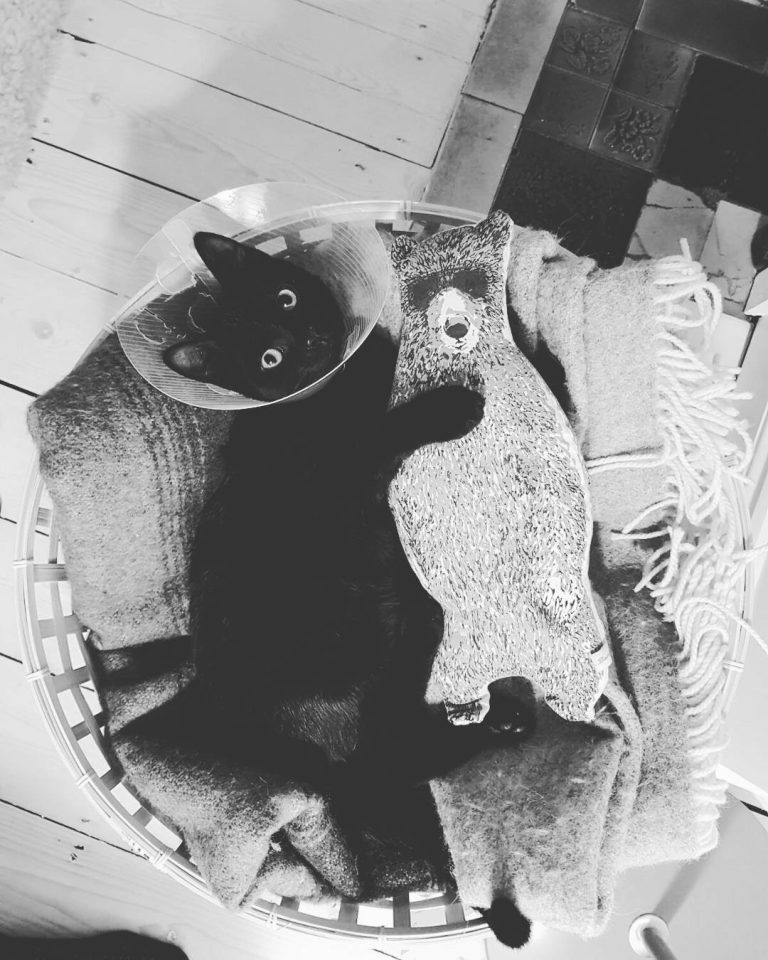Socializing Your Cat: Tips to Cultivate a Confident and Well-Behaved Feline
Cats are known for their independent and sometimes aloof nature, but this doesn’t mean they can’t be social, confident, and well-behaved companions. Proper socialization is key to ensuring that your feline friend is comfortable around people, other animals, and new environments. This article explores the importance of socializing your cat and offers practical tips to help you cultivate a confident and well-behaved pet.
Why Socialization is Important for Cats
Socialization is the process through which a cat learns to interact positively with humans, other animals, and various environments. Proper socialization can help reduce fear, anxiety, and aggression, leading to a more harmonious household. A well-socialized cat is more likely to be affectionate, playful, and adaptable to new situations, making life more enjoyable for both the cat and its owner.
Tips for Socializing Your Cat
- Start Early, But It’s Never Too Late: The ideal time to start socializing a cat is during kittenhood, typically between 2 and 7 weeks of age. However, older cats can still learn to be social with patience and positive reinforcement. Early socialization sets the foundation for a well-adjusted adult cat.
- Gradual Exposure to New Experiences: Introduce your cat to new people, environments, and experiences gradually. Start with calm, quiet situations and slowly increase the level of stimulation. This helps prevent overwhelming your cat and allows them to build confidence over time.
- Positive Reinforcement: Use treats, praise, and affection to reward your cat for calm and positive behavior. Positive reinforcement encourages your cat to associate new experiences with good things, making them more willing to explore and engage.
- Create a Safe Space: Ensure your cat has a safe space to retreat to when they feel overwhelmed. This could be a cozy bed, a high perch, or a quiet room. A safe space provides a sense of security and allows your cat to observe new situations from a comfortable distance.
- Encourage Play: Interactive play is a great way to build trust and confidence in your cat. Use toys like feather wands, laser pointers, and puzzle toys to engage your cat in play. Playtime not only provides physical exercise but also mental stimulation, helping to reduce stress and anxiety.
- Handle with Care: Regularly handle your cat to get them accustomed to being touched. Start with gentle petting and gradually move to handling their paws, ears, and mouth. This is especially important for grooming and vet visits, as a cat comfortable with being handled will be less stressed during these activities.
- Socialize with Other Pets: If you have other pets, introduce them to your cat slowly and under controlled conditions. Use scent swapping, where you exchange bedding or toys between pets, to help them become familiar with each other’s scent before a face-to-face meeting.
- Expose to Different People: Allow your cat to interact with different people, including children and strangers, in a controlled manner. Ensure these interactions are positive and that your cat is treated gently and respectfully. This helps your cat become more comfortable around various types of people.
- Use Calming Aids: If your cat is particularly anxious or fearful, consider using calming aids such as pheromone diffusers, calming collars, or supplements. These can help reduce stress and make the socialization process smoother.
- Be Patient and Consistent: Socialization takes time, especially for older or naturally shy cats. Be patient and consistent in your efforts. Celebrate small victories and understand that progress may be slow but steady.
Understanding Your Cat’s Body Language
A crucial part of socializing your cat is understanding their body language. Cats communicate a lot through their posture, ears, tail, and vocalizations. Recognizing signs of stress or discomfort, such as flattened ears, a twitching tail, or hissing, can help you adjust your approach and ensure that socialization remains a positive experience for your cat.
Conclusion
Socializing your cat is an essential aspect of raising a confident, well-behaved, and happy feline companion. By starting early, using positive reinforcement, and being patient, you can help your cat develop the social skills needed to thrive in various environments and situations. Remember, every cat is unique, so tailor your socialization efforts to their individual personality and comfort level. With time and dedication, you can cultivate a loving and social feline friend who is a joy to be around.










